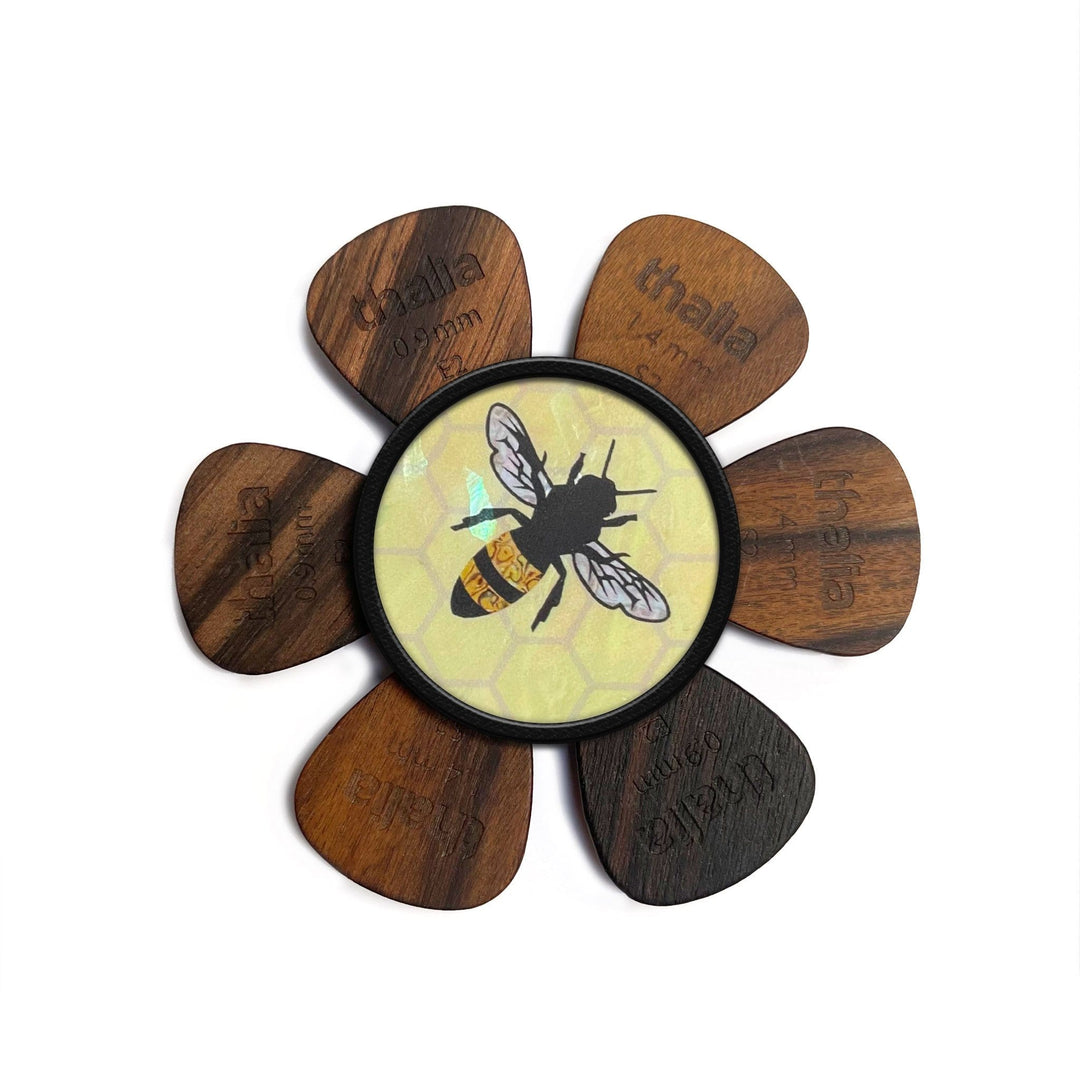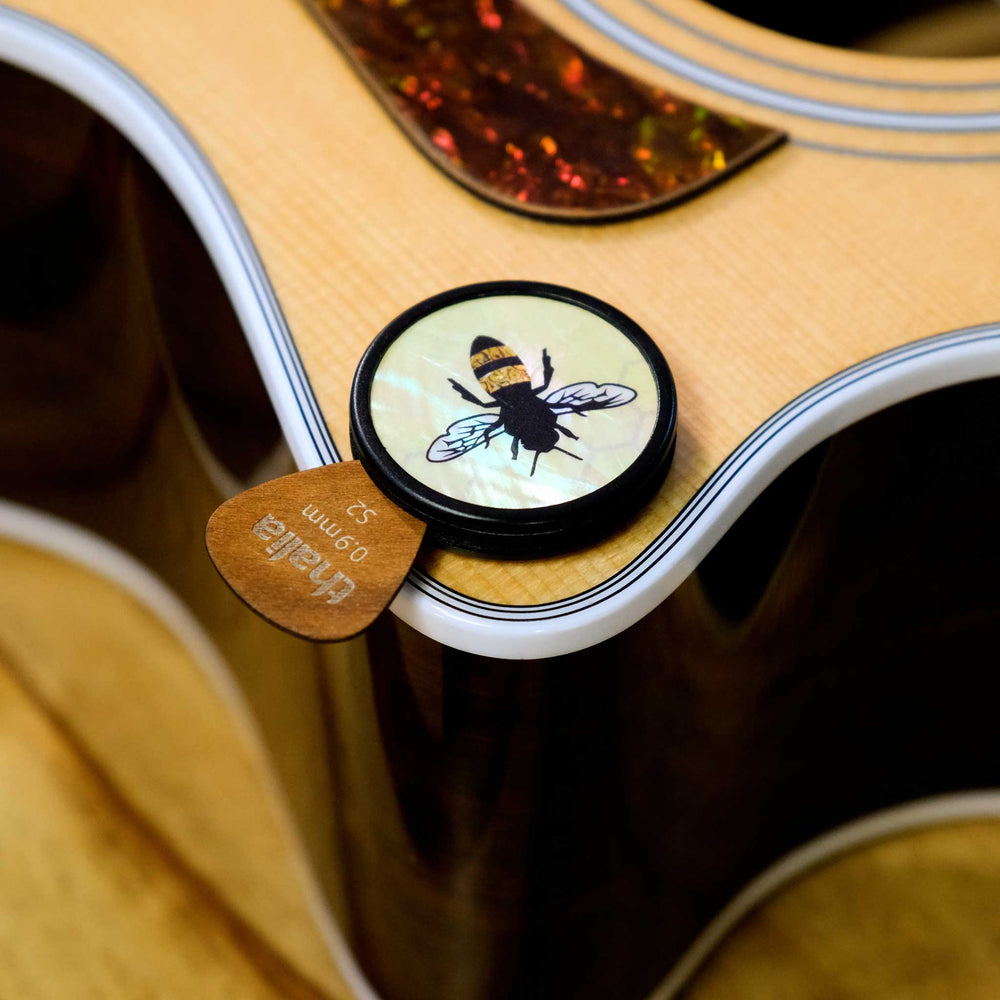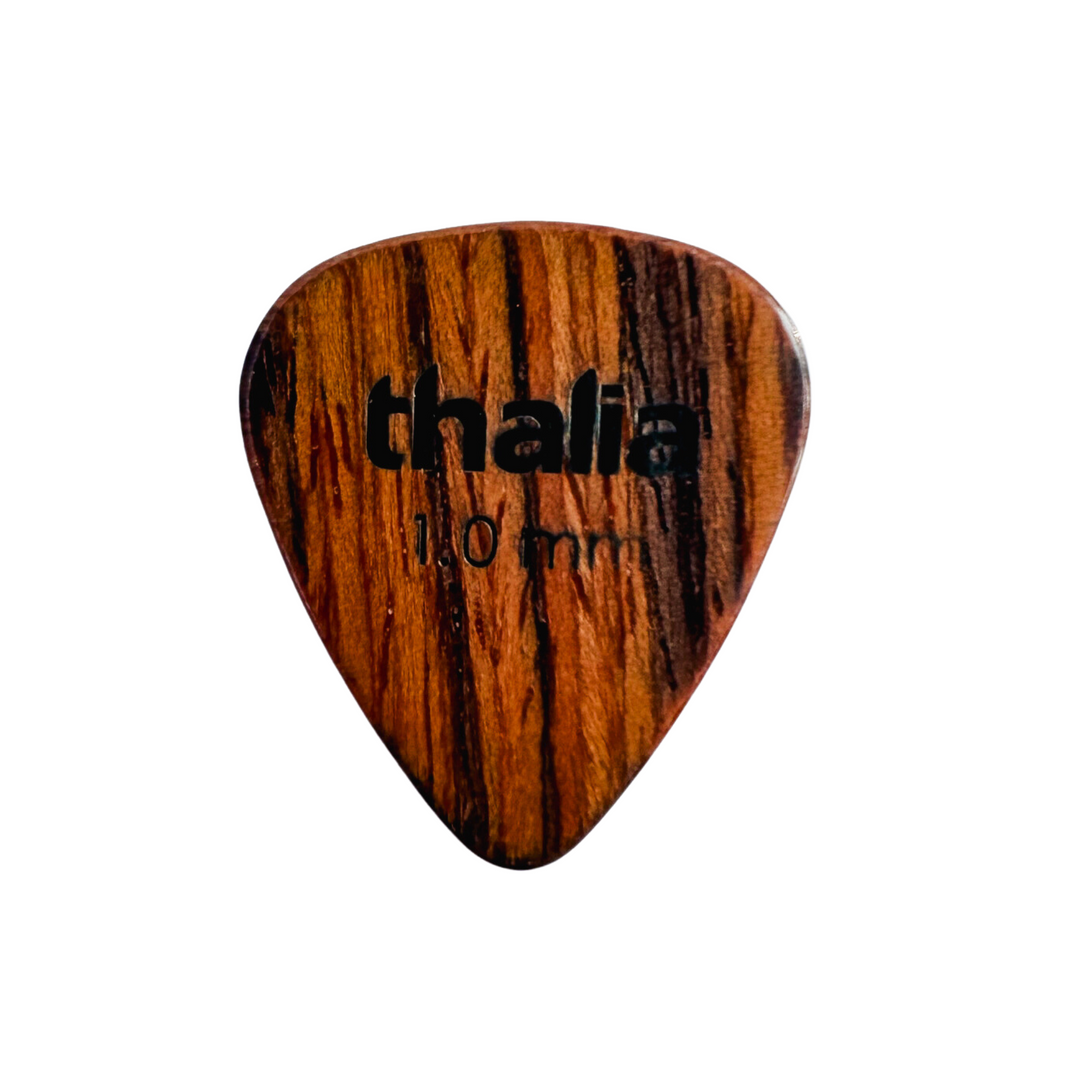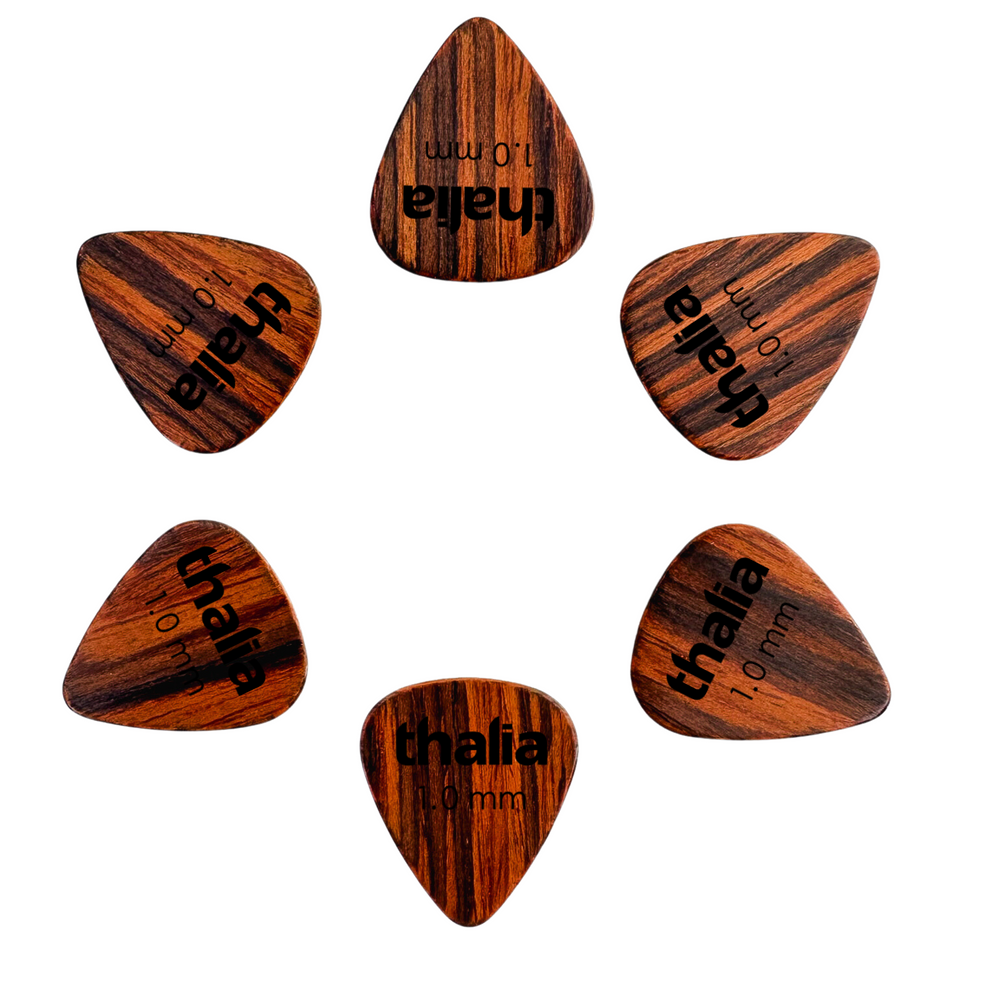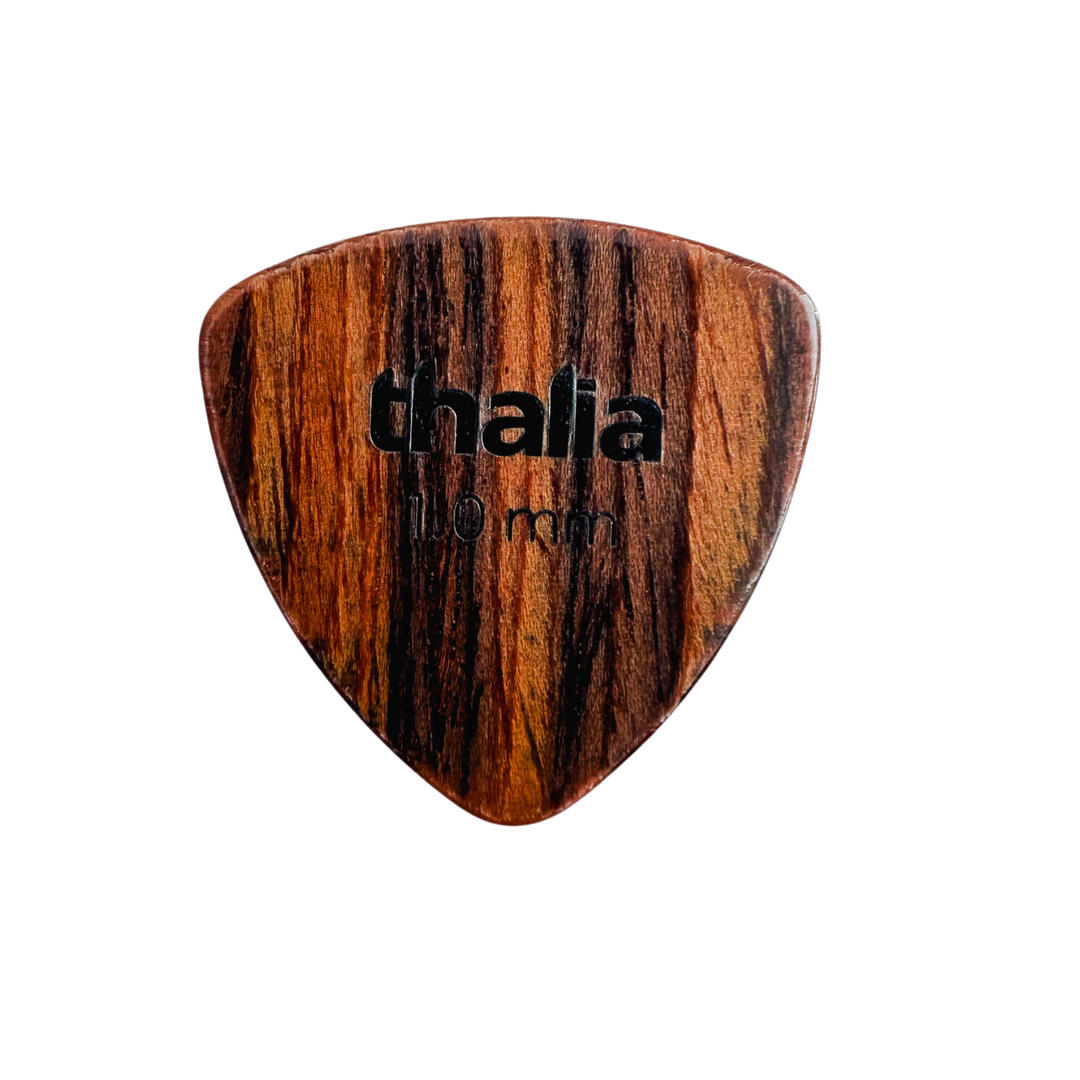The Power of Melody and Rhythm: How Music Affects Our Brain
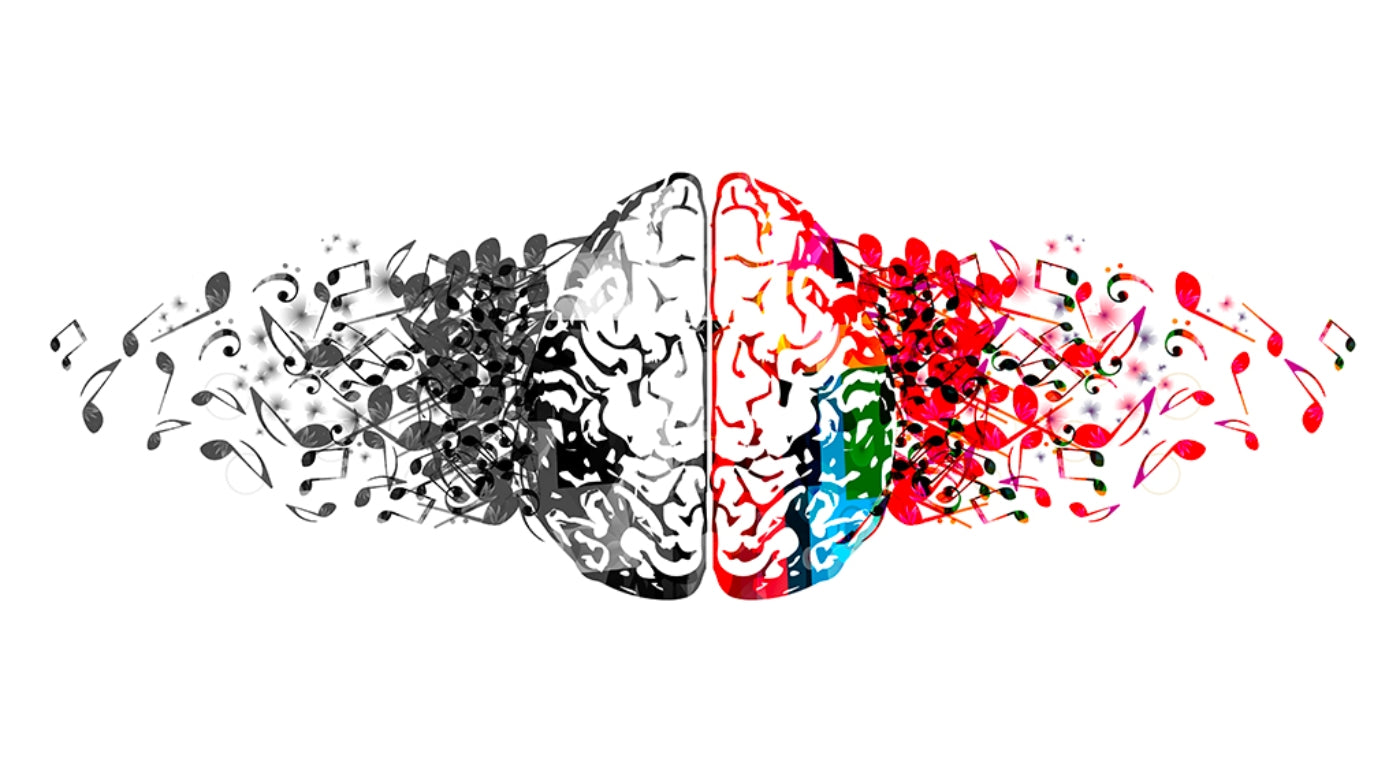
Have you ever wondered why music has such a profound impact on our emotions and behavior? Whether we're listening to our favorite songs to boost our mood or using music to help us focus on a task, there's no denying that music has a unique ability to influence our mental and physical states.
Music has been a fundamental aspect of human existence since the dawn of time. From the beating of tribal drums to the symphonies of Beethoven, music has been used to express the entire range of human emotions and experiences. Music has been so important throughout history, from the earliest known musical notation on a bone flute dated over 40,000 years ago to the modern-day digital age.
It is no secret that it has the power to move us, inspire us, and even bring us to tears. But how does it work?
One of the most significant ways that music affects our mood and behavior is through the use of melody and rhythm. Studies have shown that different types of music can activate different areas of the brain, which can have a significant impact on our emotional state. For example, upbeat music with a fast tempo can stimulate the release of dopamine in the brain, which can create a sense of happiness and pleasure. Conversely, slow, calming music can stimulate the release of oxytocin, which can create a sense of calm and relaxation.
One classic rock song that demonstrates the power of melody and rhythm is "Stairway to Heaven" by Led Zeppelin. Released in 1971, this epic track starts with a gentle acoustic guitar intro, building up to a powerful crescendo with soaring vocals and intricate guitar solos. The song's unique structure and dynamic shifts keep listeners engaged throughout its eight-minute runtime, making it one of the most beloved and influential songs of all time. The uplifting and transcendent feeling that "Stairway to Heaven" evokes is a testament to the profound impact that music can have on our emotions and wellbeing.
Lyrics are another important aspect of music that can influence our emotional state. Songs that deal with themes of love, loss, and hope can evoke strong emotions in listeners. For example, the classic hit "Yesterday" by The Beatles tells the story of a man who longs for yesterday when his troubles seemed so far away. The poignant lyrics, combined with a simple yet beautiful melody, can evoke feelings of nostalgia and longing in listeners.
“What a Wonderful World" by Louis Armstrong written in 1967, celebrates the beauty and wonder of the world we live in. The lyrics, combined with Armstrong's soulful voice, can inspire feelings of gratitude and joy in listeners.
Music can also influence our behavior in significant ways. For example, studies have shown that listening to fast-paced music can increase our heart rate and energy levels, which may lead us to engage in more physical activity. On the other hand, listening to slow, calming music can help us relax and reduce stress levels.
“Jump” by Van Halen is another classic rock song that can inspire physical activity. Released in 1984, this high-energy track is driven by a pulsing synth riff and a thundering drum beat that's impossible to resist. The song's lyrics encourage listeners to take risks and embrace new challenges, making it the perfect soundtrack for a workout, a sports game, or any activity that requires a burst of adrenaline. Whether you're jumping up and down to the song's infectious rhythm or pushing yourself to new heights of physical performance, "Jump" is a timeless classic that never fails to get the blood pumping.
Another way music can influence our behavior is through its association with certain cultures and social groups. For example, rock music has historically been associated with rebellion and counterculture, while classical music has been associated with sophistication and refinement. These associations can influence our attitudes and behaviors towards certain genres of music.
"Born to Run" by Bruce Springsteen is a classic example of a song that represents rebellion. Released in 1975, the song's driving beat and lyrics about escape and freedom have made it an anthem for generations of rock fans.
In addition to its emotional and behavioral impacts, music can also have a profound effect on our physical health. Studies have shown that listening to music can lower blood pressure, reduce stress levels, and even improve immune function. “Don’t stop Believin” by Journey is an example of a song that can have a positive impact on your physical health due to the song’s upbeat tempo and inspirational lyrics. It is a perfect antidote to a stressful day.
While we have highlighted several classic songs that can have a profound impact on our mood and behavior. It is important to remember that music is a deeply personal experience, and what works for one person may not work for another. That's why it's great to experiment with different genres and styles of music to find what resonates with you personally. Some people may find that heavy metal or rap music helps them release pent-up energy and frustration, while others may prefer calming classical music or soothing ambient sounds.
In addition to listening to music, playing an instrument can also have a positive impact on our mood and behavior. Learning to play a musical instrument can provide a sense of accomplishment and boost self-esteem. It can also help us develop a greater appreciation for the intricacies of music and how it can impact our emotional state.
In conclusion, music is a powerful force that can have a profound impact on our mood, behavior, and physical health. Whether we're listening to a classic hit from The Beatles or a soulful tune from Louis Armstrong, music has the power to transport us to another time and place and evoke a wide range of emotions. By understanding the psychology of music and emotion and exploring different genres and styles, we can use music as a tool to improve our overall well-being. Whether we're listening to a classic hit or learning to play an instrument, music has the power to inspire us and bring us together in shared experiences of joy, sadness, and everything in between.
How do you incorporate music into your daily life to set the mood?








